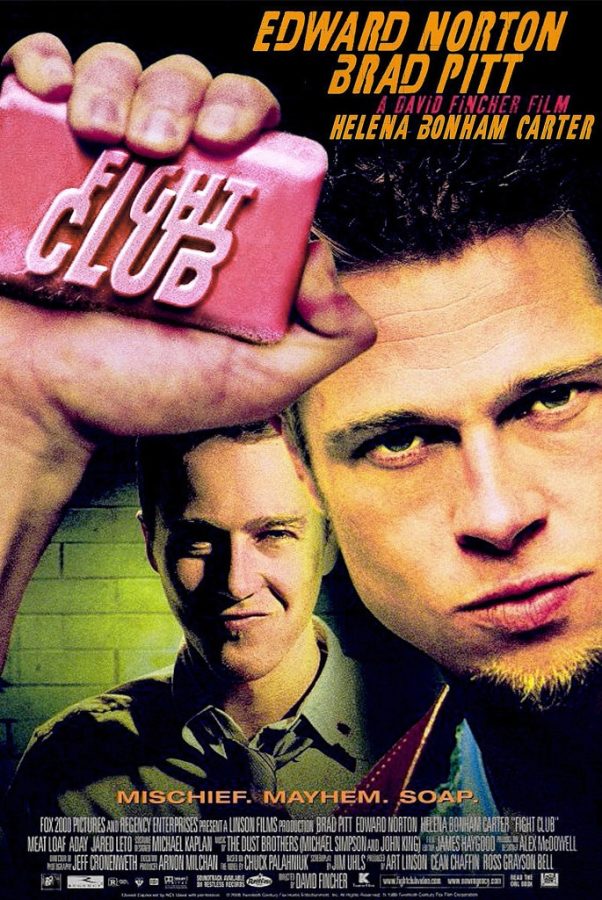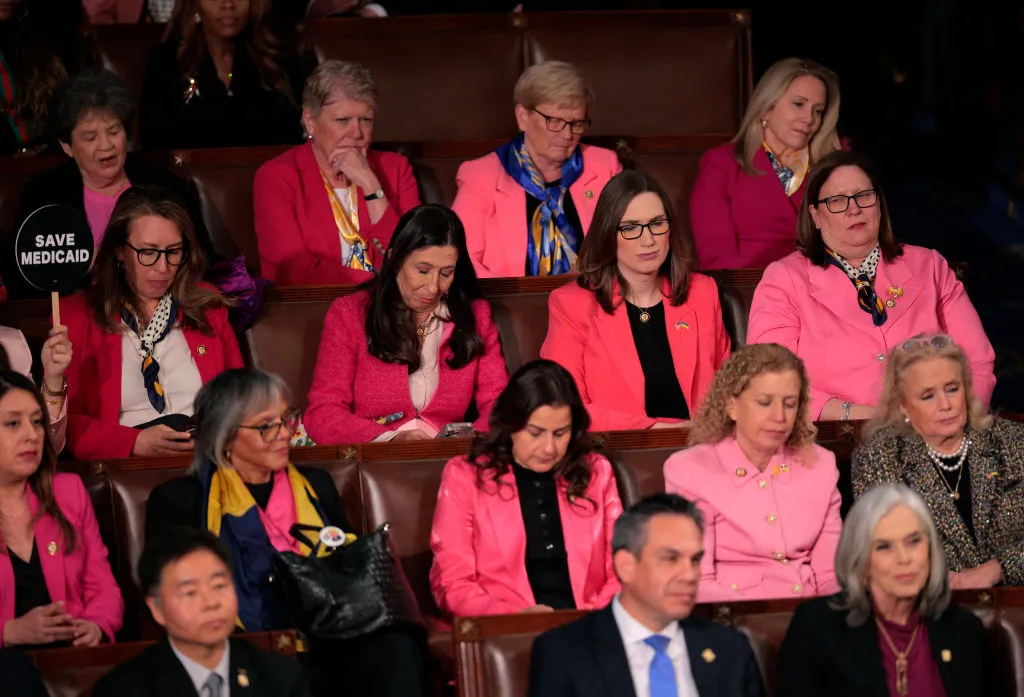Fight Club Analysis
December 15, 2022
Fight Club is a 1999 film directed by David Fincher and based on the 1996 novel of the same name by Chuck Palahniuk. The film follows the story of an unnamed narrator who becomes disillusioned with his mundane life and insomnia. It forms a “fight club” with Tyler Durden, played by Brad Pitt, a charismatic and enigmatic soap salesman. Through their experiences in the fight club, the narrator and Tyler explore themes of masculinity, nihilism, and the desire for freedom and individuality in a society that values conformity and consumerism.
One of the central themes in Fight Club is the crisis of masculinity in contemporary society. The narrator, who is played by Edward Norton, is a typical example of a modern man who is unhappy and unfulfilled in his life. He has a good job and a nice apartment, yet he feels empty and disconnected from the world around him, which is why he purchases and holds his furniture so dear. It’s the closest connection he has with the outside world. The Fight Club provides a space for his masculine identity and to reconnect with his primal instincts. Through the brutal fights and the camaraderie of the Fight Club, the narrator and Tyler are able to reclaim their masculinity and find a sense of purpose and meaning in their lives(nihilism).
Another major theme in Fight Club is the critique of consumerism and the emptiness of modern life. Throughout the film, Tyler and the narrator rail against the consumer culture that has taken over society arguing that people are slaves to their possessions and their desire for material goods(remember what I said about the narrator earlier). They create the fight club as a space where people can reject consumer culture and rediscover their individuality, which is quite ironic considering the end of the film deduced that Tyler and the Narrator were one and the same. The Fight Club becomes a sort of anti-consumerist cult, where members reject the values of mainstream society and embrace a more primal and authentic way of living.
The third theme in Fight Club is the idea of nihilism or the belief that life has no inherent meaning or purpose. Tyler is a nihilistic character who believes that the world is meaningless and that people are just puppets controlled by their desires and fears. He uses Fight Club to explore this idea and to challenge the narrator and other members to confront the emptiness of their lives.
A final theme of Fight Club would be the crisis of masculinity. Ultimately, Fight Club is a way for the men who participate in them to reclaim their sense of power and control in a world that often feels oppressive. However, this quest for masculine power and dominance ultimately leads to destruction and violence, as the Fight Club spirals out of control.
Now that the complexity behind the themes has been covered, I will now dive into the characterization of the Narrator and his figment of imagination, Tyler Durden. First and foremost, the duality of Tyler. As said a moment ago, Tyler is nothing, but a facade that the narrator subconsciously created, and therefore only exists in his mind. This split personality allows Tyler to serve as a manifestation of the Narrator’s subconscious desires and fears, as well as a source of rebellion against the constraints of society.
Another layer of Tyler’s characterization and complexity would be his unpredictable and often violent behavior. Despite his charm and intelligence, Tyler is prone to outbursts of anger and aggression and is not above using force to get what he wants. This unpredictability makes him both dangerous and fascinating to those around him and adds to his overall sense of chaos and anarchy that surrounds Fight Club.
Additionally, Tyler’s motivations and beliefs are complex and often conflicting. He espouses a philosophy of extreme individualism and anti-consumerism, but at the same time, he is willing to manipulate and exploit others for his own gain. He is also deeply disillusioned with modern society, but his methods for combating it are destructive and nihilistic. This complexity adds to the character’s enigmatic nature, and keeps the audience guessing about his true intentions.
One aspect of Tyler’s duality is his split personality. Throughout the story, it is revealed that Tyler is actually a figment of the narrator’s imagination, and therefore exists only in his mind. This dual existence allows Tyler to serve as a manifestation of the narrator’s subconscious desires and fears, as well as a source of rebellion against the constraints of society. This duality is central to the conflict and tension that drives the narrative, as the narrator struggles to come to terms with the dark and unpredictable aspects of Tyler’s personality.
Lastly, an aspect of Tyler’s duality is his conflicting beliefs and motivations. On the one hand, Tyler espouses a philosophy of extreme individualism and anti-consumerism, rejecting the norms and values of modern society. On the other hand, he is willing to manipulate and exploit others for his own gain, and his methods for combating the ills of society are often violent and destructive. This duality adds to the character’s enigmatic nature, and keeps the audience guessing about his true intentions.









